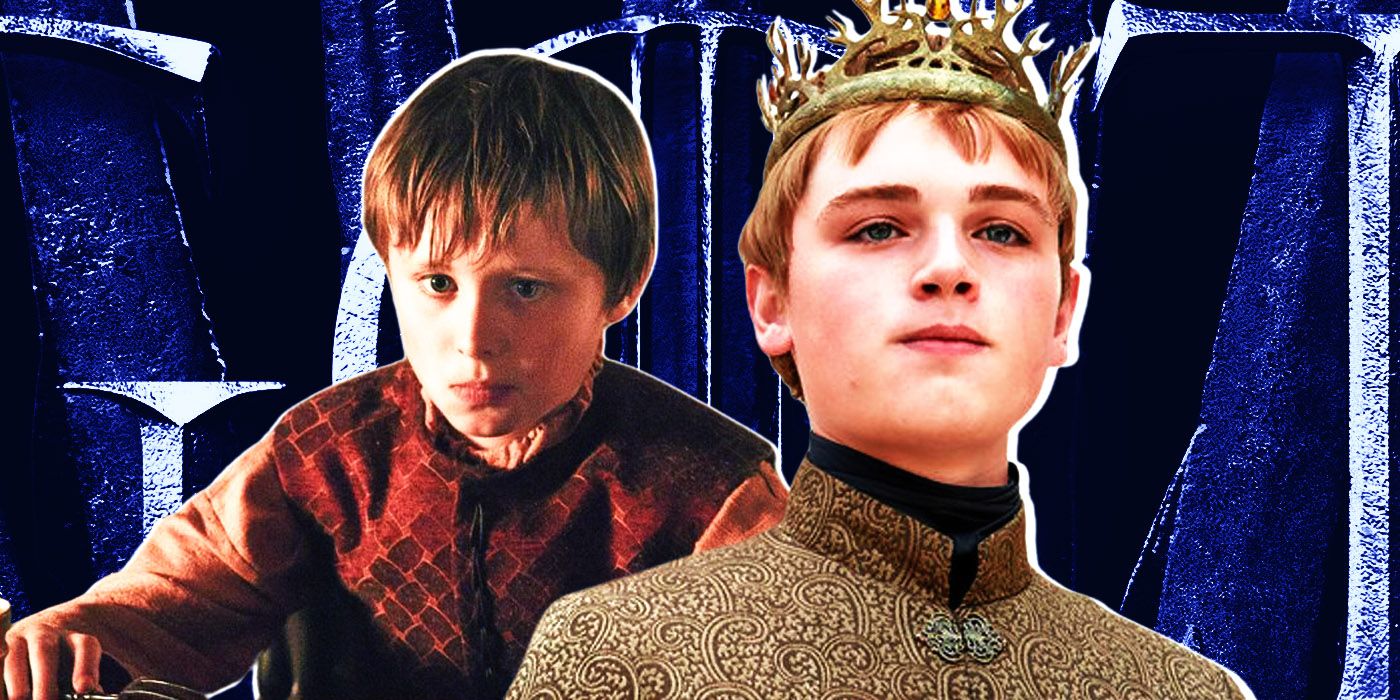King Tommen Game of Thrones

The complex and intriguing world of Westeros, as depicted in the renowned series Game of Thrones, is replete with multifaceted characters, each embodying a unique blend of virtues and vices. Among these characters, King Tommen Baratheon, the youngest son of Cersei and Robert Baratheon, emerges as a figure of particular interest, given his ascension to the Iron Throne and the tumultuous reign that follows. Tommen's story arc, though brief, offers profound insights into the nature of power, the influence of those around us, and the struggle between personal beliefs and external pressures.
The Ascension of King Tommen

Following the death of his brother, King Joffrey, Tommen is thrust into the position of power, becoming the King of the Seven Kingdoms. His ascension is marked by a mix of emotions and expectations from the various factions within King’s Landing. The Lannisters, particularly his mother Cersei, see him as a means to maintain their grip on power, while others view him as a potential puppet king who could be manipulated to their advantage. Tommen’s initial reign is characterized by his innocence and a desire to do what is right, which sets him apart from his predecessor and earns him a measure of goodwill from his subjects.
The Influence of Margaery Tyrell
A significant factor in Tommen’s reign is his marriage to Margaery Tyrell, a union orchestrated by his mother to secure the support of the powerful House Tyrell. Margaery, known for her cunning and political savvy, quickly becomes a dominant influence on Tommen, encouraging him to assert his authority and make decisions that are more in line with her family’s interests. This relationship is pivotal, as it not only reflects the political machinations of the time but also showcases Tommen’s vulnerability to the influences of those around him.
| Character | Influence on Tommen |
|---|---|
| Cersei Lannister | Manipulative, seeking to control Tommen for the Lannisters' benefit |
| Margaery Tyrell | Encouraging Tommen to assert his power, furthering Tyrell interests |
| Jaime Lannister | Offering counsel, though his actions are often driven by his own complexities and loyalties |

Conflict and Confrontation

Tommen’s reign is not without its challenges, as he faces opposition from various quarters, including the Faith Militant, a fanatical group that seeks to impose its strict moral code on King’s Landing. The conflict escalates when Cersei, in a bid to eliminate her enemies, orchestrates the explosion of the Great Sept of Baelor, killing Margaery, Lancel, and countless others. This event marks a turning point for Tommen, who, realizing his mother’s role in the tragedy, becomes distraught and eventually takes his own life, jumping from the roof of the Red Keep.
Legacy of King Tommen
Tommen’s legacy is one of tragic fate, a king who never truly held the reins of power and was ultimately destroyed by the very people he loved and trusted. His story serves as a commentary on the destructive nature of blind ambition and the corrupting influence of power. Despite his shortcomings and the brevity of his reign, Tommen remains a compelling figure, emblematic of the human cost of the game of thrones.
Key Points
- King Tommen's ascension to the throne follows the death of his brother, Joffrey, and is marked by his innocence and desire to do good.
- The influences of Cersei and Margaery Tyrell play significant roles in shaping Tommen's decisions and reign.
- Tommen's conflict with the Faith Militant and the eventual destruction of the Great Sept of Baelor by Cersei lead to his downfall.
- His legacy is characterized by tragedy, highlighting the dangers of unchecked ambition and the corrupting influence of power.
- Tommen's story offers insights into the human aspect of the struggle for power, making him a relatable and sympathetic character despite his position.
As the world of Game of Thrones continues to captivate audiences, the story of King Tommen serves as a poignant reminder of the complexities of human nature and the enduring themes of power, loyalty, and tragedy. Through his character, the series delves into the psychological and emotional toll of ruling, especially when one is thrust into such a position at a young age and without the necessary experience or support.
What led to King Tommen's downfall in Game of Thrones?
+King Tommen's downfall was primarily due to his mother Cersei's actions, particularly the explosion of the Great Sept of Baelor, which killed his wife Margaery and led to his realization of Cersei's ruthless ambition. This realization, coupled with his own feelings of guilt and helplessness, ultimately led to his decision to take his own life.
How does Tommen's character reflect the themes of Game of Thrones?
+Tommen's character reflects several key themes of Game of Thrones, including the corrupting influence of power, the danger of blind ambition, and the tragic consequences of being caught in the web of political intrigue. His story also highlights the importance of empathy, loyalty, and the human cost of the pursuit of power.
What role did Margaery Tyrell play in Tommen's life and reign?
+Margaery Tyrell played a significant role in Tommen's life, serving as his wife and a major influence on his decisions. She encouraged him to assert his authority and make decisions that would benefit her family, the Tyrells. Her death in the sept explosion was a pivotal moment in Tommen's story, contributing to his eventual downfall.
In conclusion, King Tommen’s story in Game of Thrones offers a nuanced exploration of power, family, and the human condition. Through his experiences, the series provides a compelling narrative that underscores the complexities and challenges of ruling, particularly when faced with the machinations of those around him. Tommen’s legacy, though marked by tragedy, serves as a reminder of the enduring themes of the series and the profound impact of human actions on the world of Westeros.



